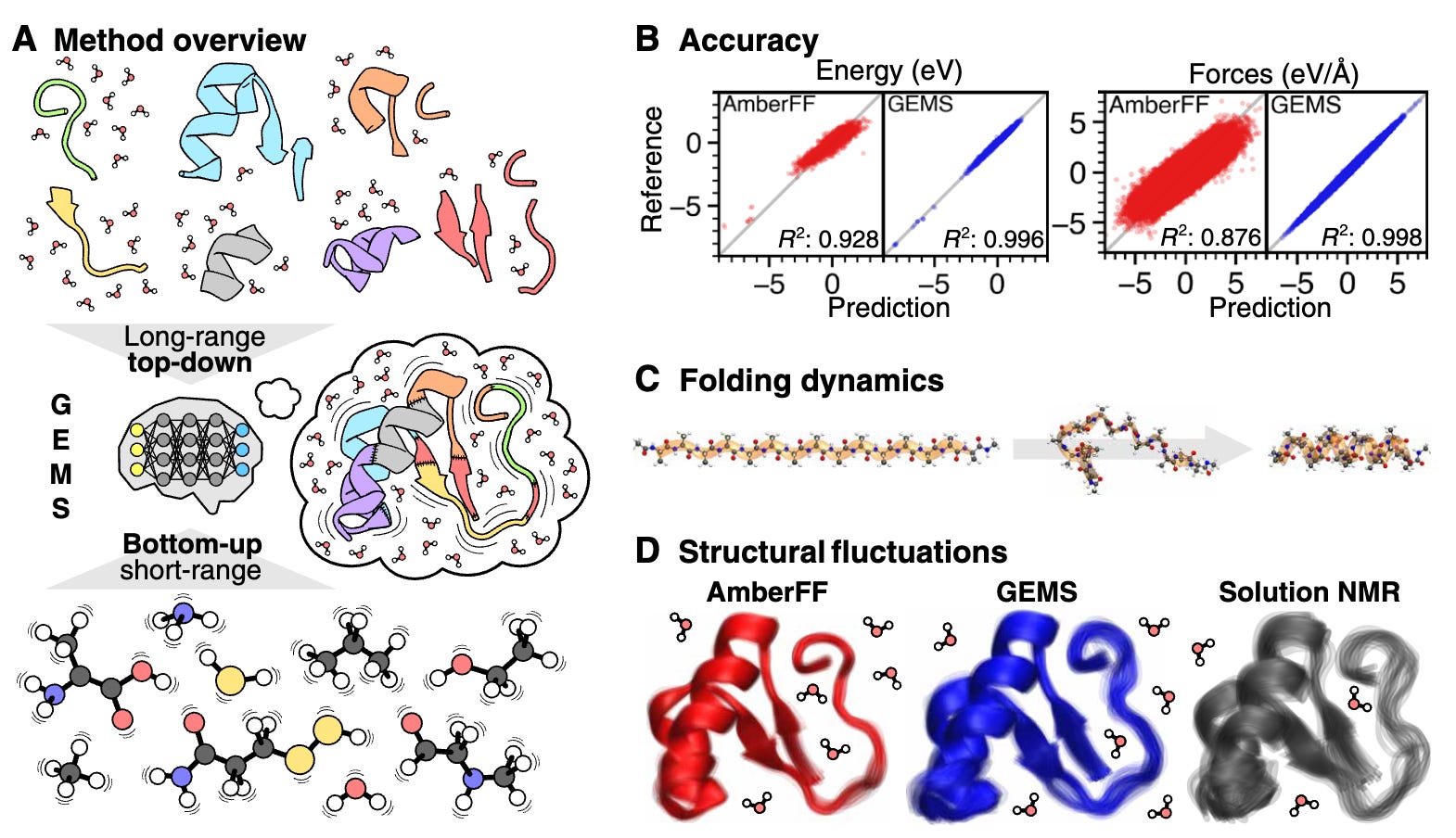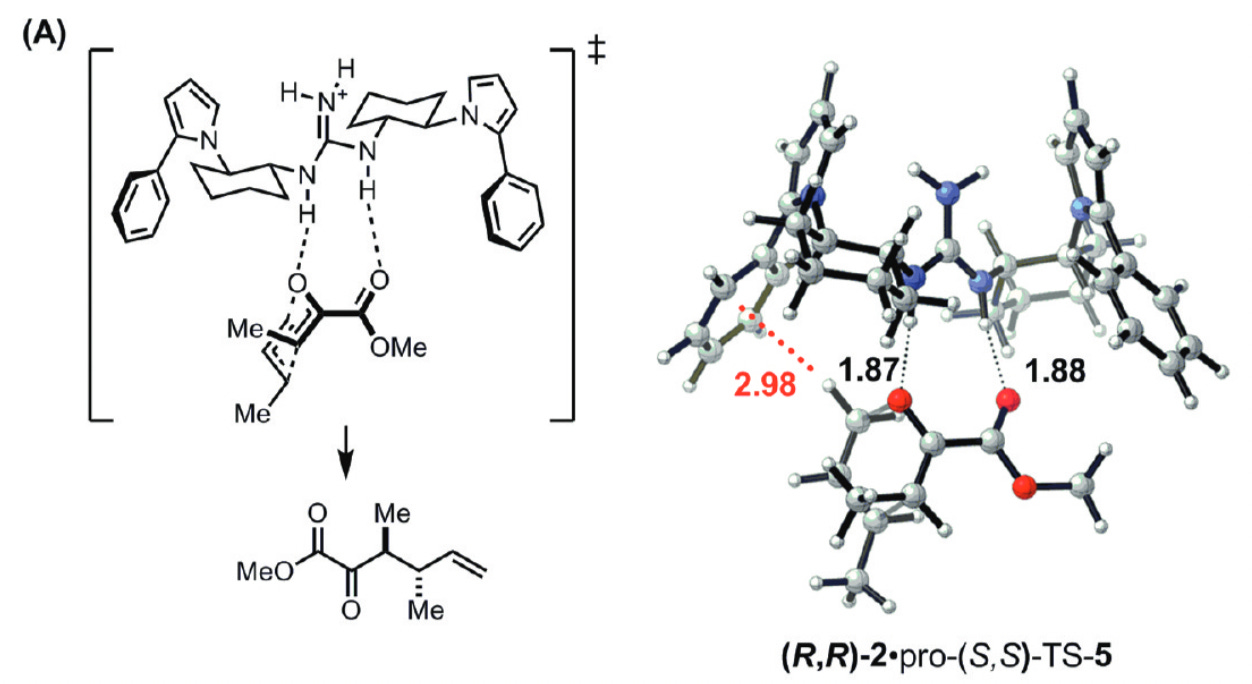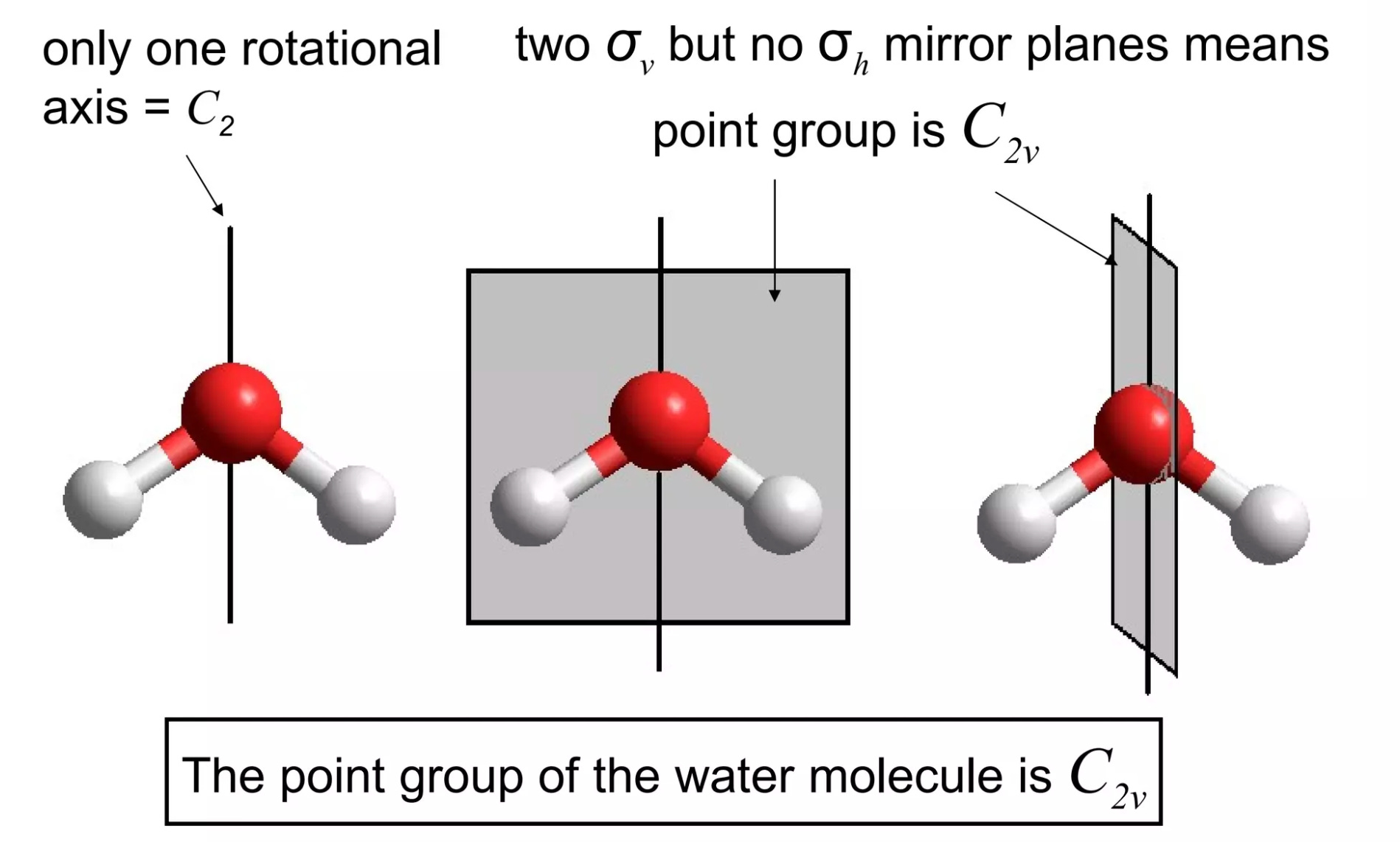
This post assumes some knowledge of molecular dynamics and forcefields/molecular mechanics. For readers unfamiliar with these topics, Abhishaike Mahajan has a great guide to these topics on his blog. Although forcefields are commonplace in all sorts of biomolecular simulation today, there’s a growing body of evidence showing that they often give unreliable results.






